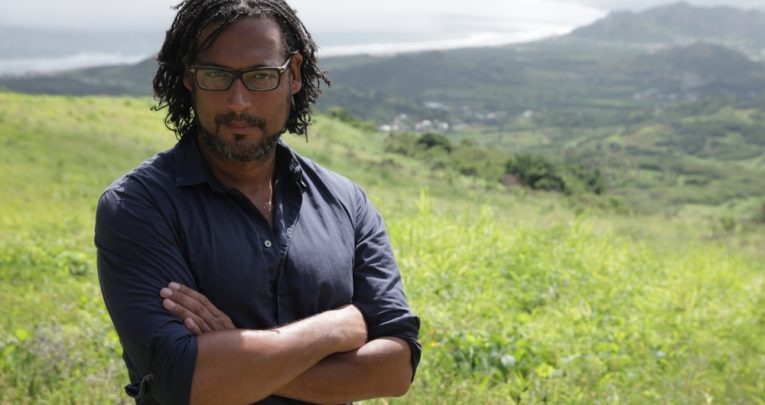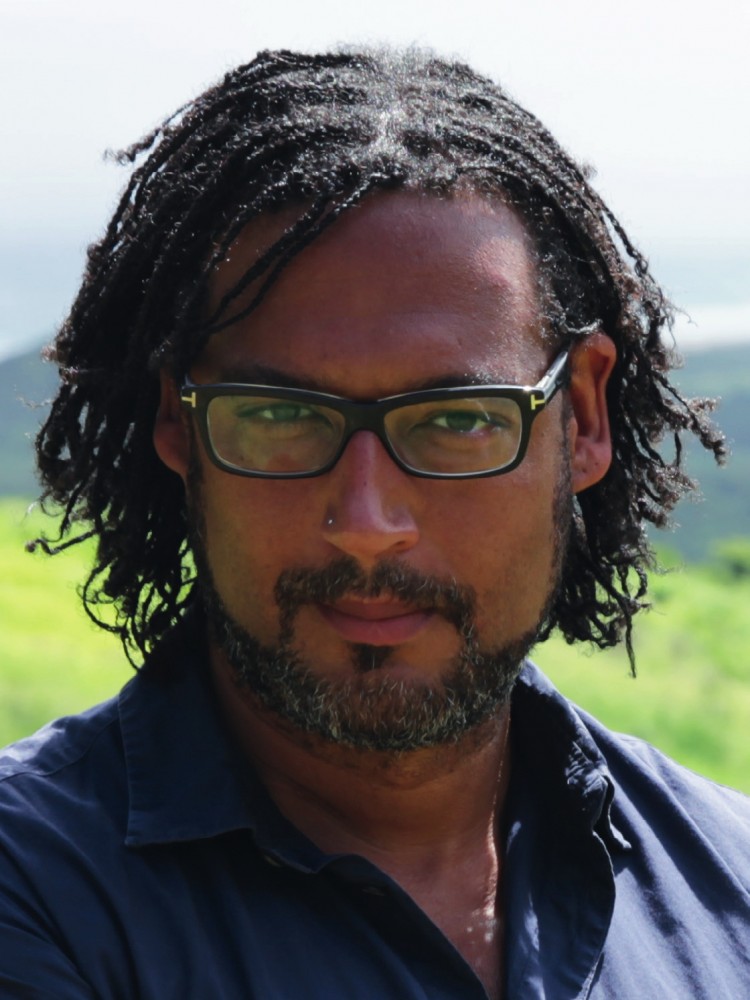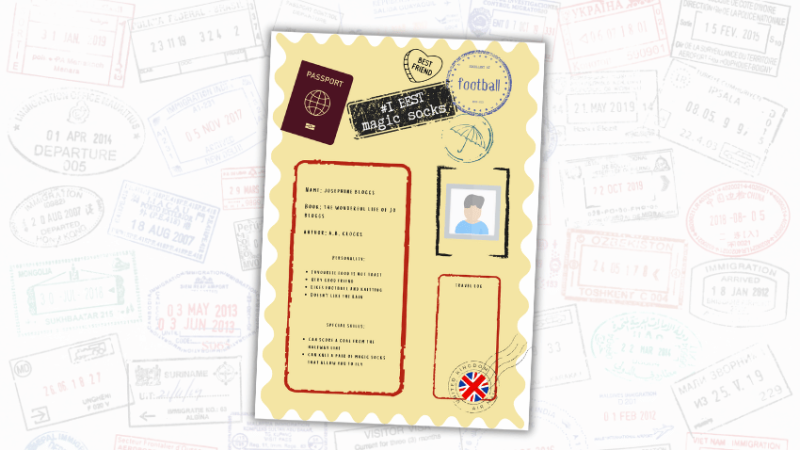David Olusoga’s schooldays – “There was no point reporting racist incidents; my teachers were racist themselves”

David Olusoga recalls how his time at school, against a backdrop of near ubiquitous racism, was less about learning and more about survival

I went to a comprehensive school in Britain in the 70s and 80s, which was an incredibly racist time.
School was always an arena, a violent place where I tried to not be a target and kept away from people. I made friends as I got older, once I was able to defend myself and it was no longer dangerous to be my friend. You can’t blame young children for not wanting to associate with people who are targets, when they’re trying not to be targets themselves.
I talk to Black and Asian people my age and their school experiences were the same as mine. This was a society saturated with casual racism. There was no point in reporting racist incidents at school because my teachers were racist themselves. I was once beaten up by a teacher at secondary school on a camping trip. I heard teachers say racist things in front of the class about me.
I didn’t attend school – I survived school, and certainly wasn’t educated there. I was educated primarily by my mother and myself, through regular visits to the local library. I only studied A Levels because my friends and I worked out that we had to hothouse ourselves. We spent the weeks before the exams doing past papers over and over again, which is how we passed and went to university. I was educated despite my school.
My mother ultimately taught me how to read, because I’m dyslexic. When I was 15, after years of my mother appealing, I was eventually tested by an educational psychologist and found to be dyslexic. Even then, my school refused to acknowledge the test because it got in the way of a more simple argument – ‘Black people aren’t clever’ – which is what they wanted to believe.
There was only one teacher I ever had respect for, who I still know. He was a history teacher, understood what was going on and would intervene at times when I was being attacked verbally or physically. When we met again a few years ago I learned he was Jewish and it all made sense – why this one teacher could see what was happening, while the others explained it away or dismissed it. He recognised racism when he saw it.
I wouldn’t wish my experience of school on anybody, and am very glad that for the most part, it’s not the experience of young Black and Asian people today, but it wasn’t out of step with Britain at that time. We were forced out of our home after our house was attacked by the National Front. It’s not the case that school was a repository of racism and prejudice while the rest of the world wasn’t – the rest of the world was too.
After publishing my book Black and British – A Forgotten History in 2016, I started hearing from people – in the street, on the Tube – that I needed to write a version for children, which hadn’t occurred to me. Black and British itself was a homage to Staying Power by Peter Fryer, which I read when I was 16 and was undoubtedly the most important book I ever read in my life. A combination of guilt and feeling encouraged by other writers led me to do it, so the decision was made at the start of this year to write two further versions – one for children aged 12 and up, and a fully illustrated version due out next year.
There seem to be some people now who think Black people talking about their history is somehow a threat to their own, but I don’t understand why someone would feel that. Black history is British history. The problem is that history has already been re-rewritten to take those stories out – slavery, the most exploitative aspects of Empire. Putting those stories back in doesn’t negate any others. We’re an incredibly global nation. The idea that this isn’t everyone’s history is ridiculous. This is a shared history.
Professor David Olusoga is a British-Nigerian historian, broadcaster and BAFTA award-winning presenter and filmmaker; Black and British – A Short, Essential History is available now (Macmillan Children’s Books, £6.99). Next year will see Olusoga present a fourth series of the show A House Through Time, exploring the lives of residents over multiple generations of a single house in Leeds; follow him at @DavidOlusoga








